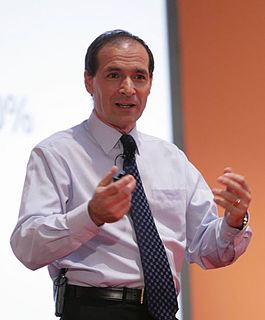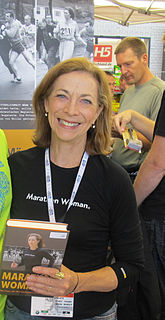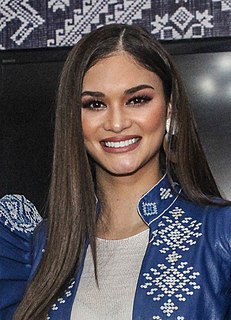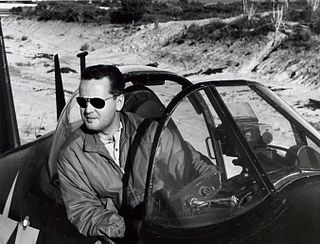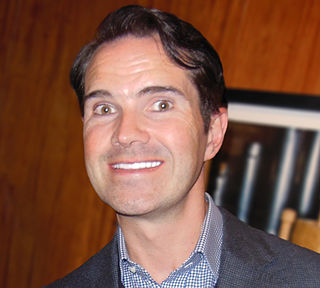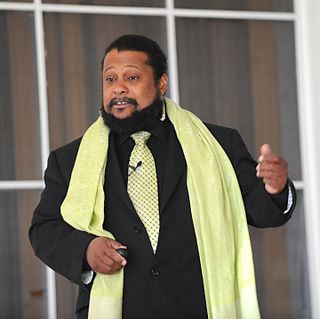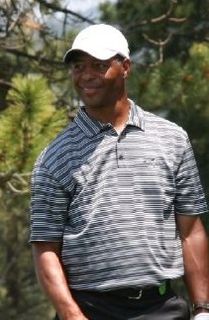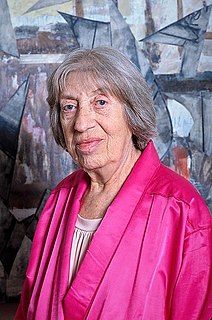A Quote by Colin Firth
I would rather five people knew my work and thought it was good work than five million knew me and were indifferent.
Related Quotes
As the original 'Mary Poppins' budget of five million dollars continued to grow, I never saw a sad face around the entire Studio. And this made me nervous. I knew the picture would have to gross 10 million dollars for us to break even. But still there was no negative head-shaking. No prophets of doom. Even Roy was happy. He didn't even ask me to show the unfinished picture to a banker. The horrible thought struck me - suppose the staff had finally conceded that I knew what I was doing.
Jock Semple and I were at daggers drawn for five years, even though I kind of forgave him from the get-go. I knew he was an over-stressed race director, I knew he was protecting his race. It took five years because we had to do our homework - meaning we women - we did our legislative work and we officially got into the Boston Marathon. Then, all was forgiven by Jock Semple.
When I was in high school in the early 1970s, we knew we were running out of oil; we knew that easy sources were being capped; we knew that diversifying would be much better; we knew that there were terrible dictators and horrible governments that we were enriching who hated us. We knew all that and we did really nothing.

